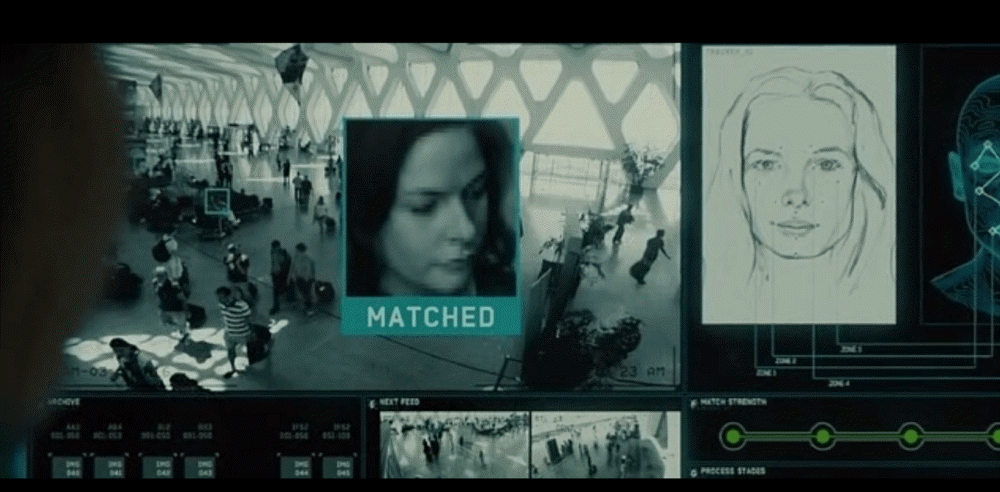
In some cities in the United States, the use of facial recognition technology by institutions is completely banned, but it can be said that it is being monitored without restrictions worldwide. In this situation, there are reports that the EU is trying to come up with regulations to provide citizens’ rights to the use of facial authentication data. It is trying to limit the indiscriminate use of facial recognition technology. Sources say citizens are given the right to know when their facial authentication data is being used.
Restrictions on facial authentication technologies are part of a broader initiative to address AI use and promote public trust and acceptance of this kind of technology, according to the report. It aims to set global standards for AI regulation and is a clear and unified rule that adequately protects individuals. It also says that AI applications can pose serious risks to basic rights, and that unregulated AI systems can make decisions that adversely affect citizens without responsible explanation.
There are countless reports of how face recognition technology is misused and abused inaccurately, ranging from absurd to authentic, and in some cases life-threatening. It is often discussed when discussing facial authentication techniques. The EU’s plan for the indiscriminate use of facial recognition technology in public places is to be extended to both public institutions and private companies. These agencies have been able to extend and maintain this technology in an unethical way, as there have been few explicit laws or legal requirements for transparency to effectively limit or terminate their use.
As the EU plan is still known to be in its infancy, it is not known what the exact parameters of the regulation will be. Nevertheless, it can be said that it is a step forward to enact a comprehensive law to deal with the technology currently used irresponsibly.
The United States has not yet reviewed this broader plan, but three cities, San Francisco, Serverville, and Oakland, have enacted facial recognition technology bans, and other cities are considering similar bans. It is also unknown whether large-scale surveillance systems can coexist with privacy and personal rights to data. Of course, giving individuals the right to know how their biometric authentication data is used is an important step in transparency. But if you are dissatisfied with this data, what can you ask for?
In addition, although it is better to have it than to have no regulation, there is a possibility that it is not enough to add restrictions to technology, if possible, targeting communities where activities such as human rights activists are weak. Not all privacy experts believe that technology needs to be banned. There are many examples of abuse now, but public institutions or private companies may need deep consideration of their use until they are convinced of the good results of the technology. Related information can be found here .


















Add comment